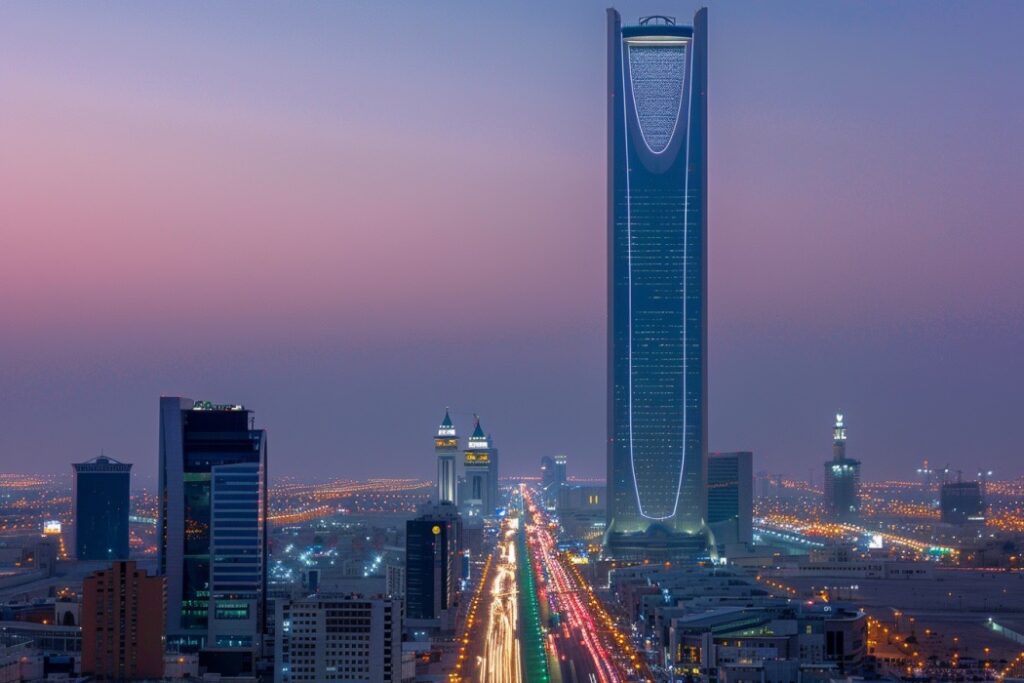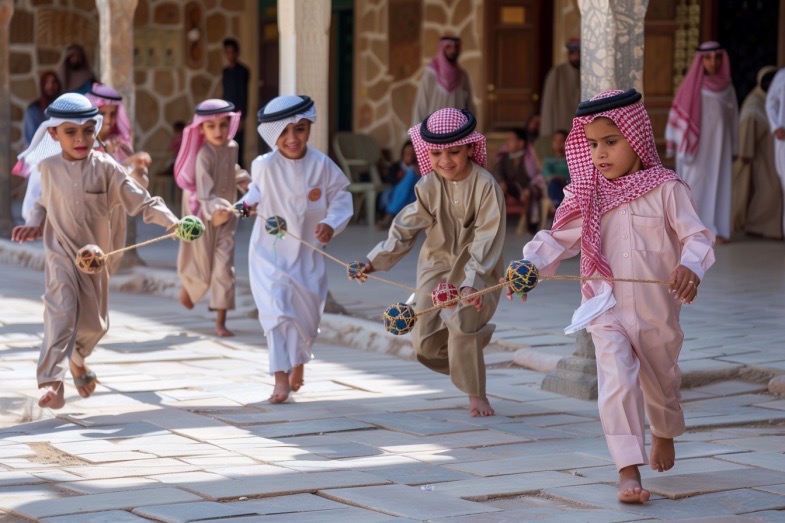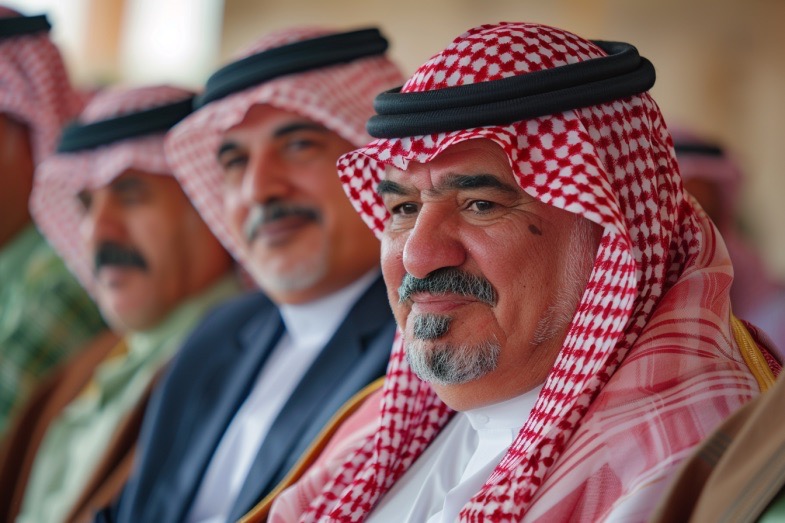India gears up for the world’s largest democratic elections
NEW DELHI— Get ready, India! Polls in the world’s largest democracy will open on April 19, as announced by the country’s election commissioner. This sets the stage for a nationwide election that is expected to see Prime Minister Narendra Modi secure a rare third consecutive term.
An estimated 960 million people in a country of 1.4 billion are eligible to vote in the widely anticipated polls, which will take a month to complete. Modi’s Bharatiya Janata Party (BJP) is anticipated to secure another five years in power, ruling over an India that has become increasingly polarized along religious lines. The polling will unfold over seven phases around the country, culminating on June 1.
Indians will cast their votes for 543 seats in the 545-seat lower house of parliament, known as the Lok Sabha, while the other two seats in the house are nominated by the president. All votes from the country’s 28 states and eight union territories will be counted on June 4, according to the commission.
The announcement of the election date comes shortly after the appointment of two new Election Commissioners — Gyanesh Kumar and Sukhbir Singh Sandhu. These appointments follow the surprise resignation of Arun Goel and the retirement of Anup Chandra Pandey.
Under the Model Code of Conduct (MCC), political parties, candidates, and the government must adhere to the guidelines set by the Election Commission of India regarding their speeches, announcements, and election manifestos.
India, under Modi’s leadership, is on track to becoming a 21st-century powerhouse as its economy continues to expand rapidly. However, critics argue that the populist leader has tightened his grip on democratic institutions in a manner not seen since the days of Indira Gandhi in the 1970s.
The main opposition, Indian National Congress, has formed an alliance with other parties under the banner of the Indian National Developmental Inclusive Alliance (INDIA). Despite this, the alliance is facing challenges, and has yet to nominate a candidate for prime minister with the same charisma as Modi.
In recent years, India has made significant strides in space exploration, hosting global events like the G20 summit, and making controversial decisions such as the inauguration of the Ram Janmabhoomi Mandir in Ayodhya.
With the working-age population in India surpassing 900 million and expected to reach over 1 billion in the next decade, the stage is set for a monumental election that will shape the future of the world’s largest democracy.
The election commission has reported a 6% increase in registered voters for the 2024 polls, with 968.8 million people set to cast their votes. — CNN



